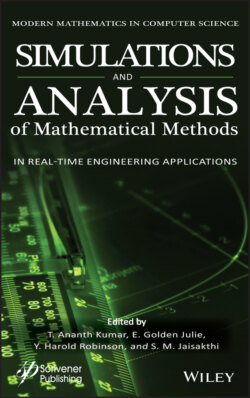Читать книгу Simulation and Analysis of Mathematical Methods in Real-Time Engineering Applications - Группа авторов - Страница 15
1.1.1 Knowledge-Based Expert Systems
ОглавлениеKnowledge-based systems are about a decade old as a distinctly separate AI research field. Many changes in the emphasis put on different elements of methodology have been seen in this decade of study. Methodological transition is the most characteristic; the emphasis has changed from application areas and implementation instruments to architectures and unifying concepts underlying a range of tasks for problem-solving. The presentation and analysis were at two levels in the early days of knowledge-based systems: 1) the primitive mechanisms of representation (rules, frames, etc.) and their related primitive mechanisms of inference (forward and backward chaining, inheritance, demon firing, etc.), and 2) the definition of the problem.
A level of definition is needed that describes adequately what heuristic programmers do and know, a computational characterization of their competence that is independent of the implementation of both the task domain and the programming language. Recently in the study, many characterizations of generic tasks that exist in a multitude of domains have been described. The kind of information they rely on and their control of problem solving are represented by generic tasks. For expert systems architecture, generic tasks constitute higher-level building blocks. Their characteristics form the basis for the study of the content of the knowledge base (completeness, accuracy, etc.) in order to explain system operations and limitations and to establish advanced tools for acquiring knowledge.
